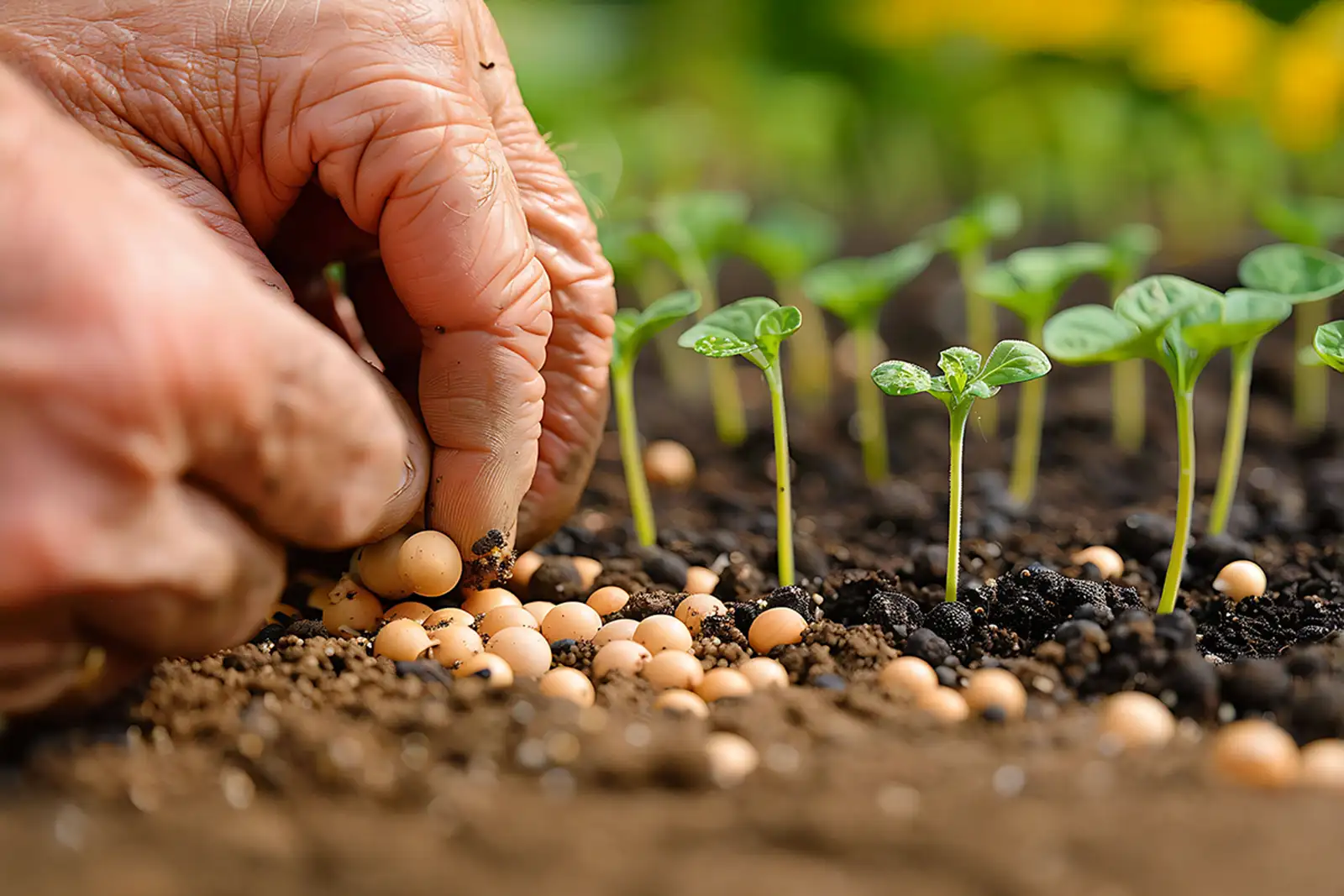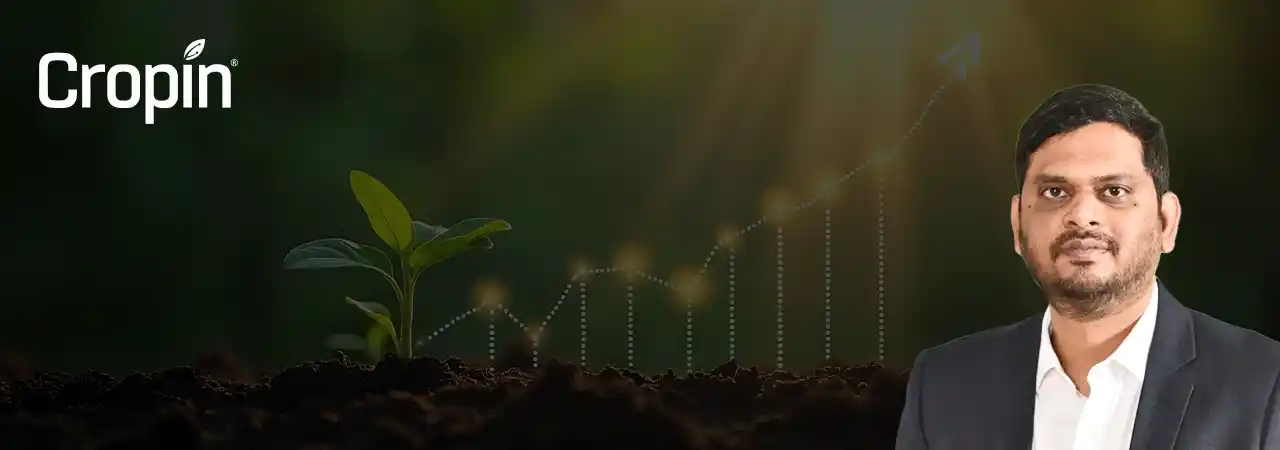Sowing the seeds of innovation: how tech intervention has impacted the farmers
Top seed challenges and how technology is overcoming them
According to McKinsey, the agricultural field currently encounters five key challenges, namely: efficiency, resilience, digitization, agility, and sustainability; and the seed industry is no exception. Here’s a quick run-through of the challenges the industry is facing and how technology is addressing these issues head-on:
- Ensuring end-to-end data management and cost-efficiency by reducing the use of human resources
- Eliminating chances of data loss through leakages and lack of data visibility with digitization.
- With the intervention of technology in the seed development process, data collection methods and the outcomes are becoming more transparent, traceable, and predictable
- Helping monitor these practices closely and ensuring farmers adhere to them to produce high yield outputs
- Providing access to digital records of practices being followed and facilitating end-to-end transparency. For instance, in regions particularly like the US, businesses can track REI (re-entry or restricted-entry interval) compliance for pesticides applied on the field.
- Crop detection and acreage estimation are being conducted for different seed varieties
- Seed producers can also assess if the seeds comply with the quality assurance (QA) parameters and compute flags for quality, based on which one can implement corrective actions, or the ‘sub-standard’ harvest could be earmarked separately.
5. Data safety and encryption : All things considered, it is impossible to ignore the importance of data security and privacy. The entire agricultural sector is on the verge of a data revolution. As per research by McKinsey, successful implementation of connectivity in agriculture can translate to an additional value of $500 billion to the global GDP by 2030. Smart sensors, analytics, artificial intelligence, and other emerging technologies are boosting yield and maintaining crop resilience. With this scale of digital transformation, the onus of data security and safety lies with the seed companies that are leveraging technology to drive a lasting change within the less digitized agriculture sector. This also includes intangible benefits such as improved decision making, better risk and variability management, and optimized yields and economics.
The bottom line
The need of the hour is for farmers as well as seed companies to partner with seasoned Agtech companies such as Cropin and leverage customized AI-led digital agriculture solutions that can propel the seed value chain.










